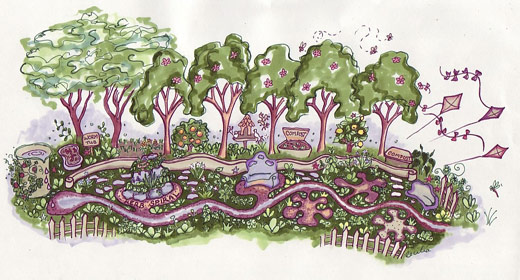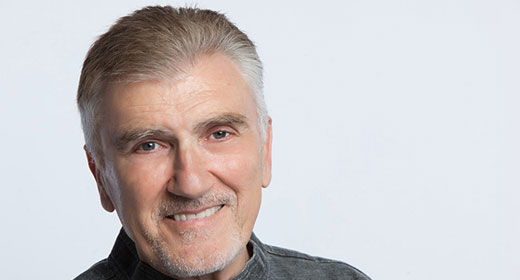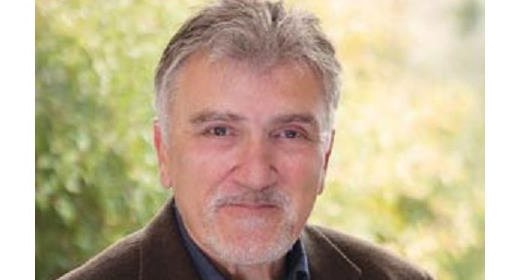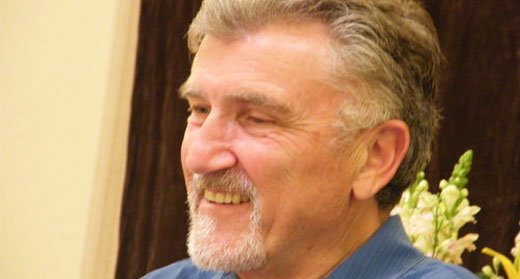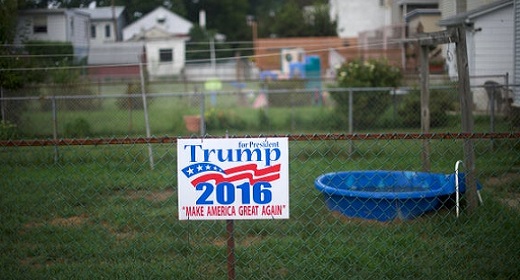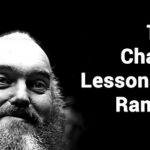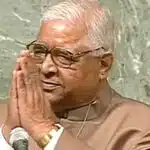by Karin Kirk: Even during a bitter election season, persuasive conversations were not only possible but surprisingly attainable…
In mid-September, upon hearing the devastating news of Ruth Bader Ginsberg’s death, I set aside my usual science and journalism to focus on what seemed to matter most: talking to voters. I spent every day for nearly two months contacting them over the phone, at doorsteps, through screen doors and in driveways. I logged 2,500 phone calls, knocked 900 doors, walked 48 miles, and most importantly, engaged in 485 one-on-one conversations with people from all corners of Montana.
My usual work revolves around the discourse on climate change and energy. Science communicators have distilled useful guidelines for public engagement with science, but I took a reprieve from the academic and hypothetical to test these strategies in a very real—and sometimes intimidating—setting. How do you break it to a rural voter in a major coal state that coal is never coming back? What tactics can one use to tiptoe through a conversation with a staunchly religious person to make the point that, in fact, humans are responsible for warming the climate?
I made my share of blunders and endured a never-ending case of “I should have said …” playing in my mind. But I also learned reliable strategies for having pleasant, productive and persuasive conversations.
The election is behind us, but Americans remain deeply divided; it’s an appropriate time to renew our commitment to build bridges rather than light them on fire. More than ever, we can endeavor to build a broad coalition, rather than alienating those with differing views and priorities. I humbly offer a few highlights from my experiences.
Listen. And keep listening. The simple act of giving the floor to another person yields immediate benefits. The longer you listen, the more you’ll understand. The more the other person talks, the more they’ll feel heard and comfortable. Earnest, open-ended questions can build trust and open the door for dialog.
Say out loud the things you agree on. Even if you squirm with some of what you hear, latching on to areas of disagreement almost always devolves into an argument—a trap I regrettably fell into a few times. Instead, tune your ear for where you agree. For example, if someone opines that climate scientists are corrupt, you can readily agree that science should be credible and ethical—we all want that. By focusing on where you’re already aligned, you can set the stage to make actual progress.
Share your findings, but only as they relate to those places of agreement. This is the part of the conversation that we tend to focus on, but without careful groundwork, the opportunity won’t even arise. Typically, it took several minutes of warm-up before getting to this point.
Of all the topics I explored with voters, the one that resonated most reliably was the influence of fossil fuel money in our political system. But I didn’t hit people over the head with the fact that one of our senators has taken over $1 million from the fossil fuel industry. Instead, I went there gently, pointing out our shared goal of ethical politicians and the idea that no one wants more pollution. I often relayed this information as a story, describing my deep dive through campaign finance data while writing an article about political allegiances within the energy industry. When I arrived at the final conclusion, it was part of the plotline, rather than a partisan talking point. In one case, when I delivered the tally of our senator’s haul from the oil, gas and coal industries, an undecided voter exclaimed, “Ah HA!” as if she herself had just discovered it.
Rally around solutions. A young woman who was a geology major insisted that climate change was fake, and we went round and round many aspects of the science. Finally, she relented, “So what are we supposed to do about it anyway?” The mood of the conversation shifted from adversarial to collaborative, because there are inherent benefits in cleaning up the energy supply, regardless of one’s opinions on climate change. We agreed on pretty much every point from there on out, and ended our 42-minute conversation on a cooperative, optimistic note.
Change lanes to avoid roadblocks. Climate change is a polarizing topic that can hurt a conversation more than it helps. In one such case I could practically hear a rural voter gritting her teeth through the telephone as she told me how it’s pure hubris to think that humans are causing global warming. I took a few steps back and talked about pollution instead, making an appeal to her pro-life values by underscoring how the earth is essential to all life. By the end of the conversation, she was assuring me that wind and solar energy were gifts from God that should be developed more quickly, and polluting corporations should step out of the way of progress.
Offer a vision of a common goal that’s appealing to both of you. A man who was a constitutional conservative enjoyed regaling me with his political musings. I dodged the usual bullets about how climate change is China’s fault and science has been wrong before, and cheerfully kept returning to the point that clean energy is the only energy that will work for Montana in the long run; after all it’s cheaper and it’s what our West Coast energy customers want to buy. I never took the bait on his talking points, and continued to rally around the optimistic goal that Montana should remain relevant in the energy industry, and to do that, we need to change with the times. I’m certain I didn’t affect his vote, but I was able to introduce the idea that clean energy is a wise choice, while also managing to avoid arguing or pushback.
Persuasion is a long-term project. It’s rare for someone to change their mind in the course of a single conversation. But repeated, positive interactions can help chip away scientific myths and nudge someone toward an updated view. In the wake of the most turbulent election of our lifetimes, there’s never been a better time to use our scientific and communication skills to foster common ground for the common good.


